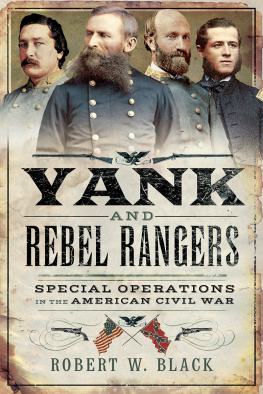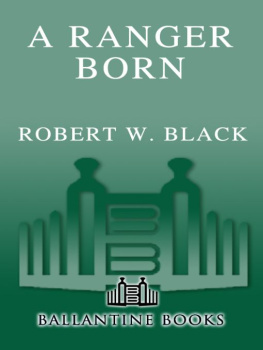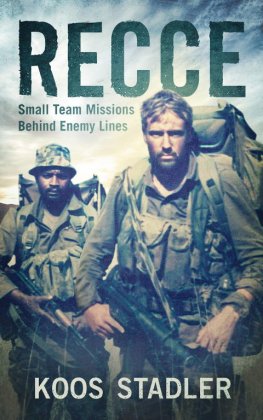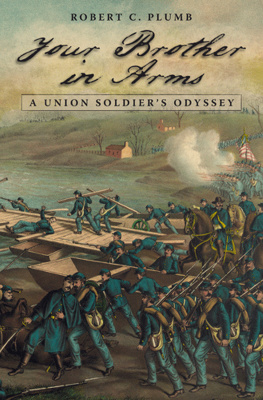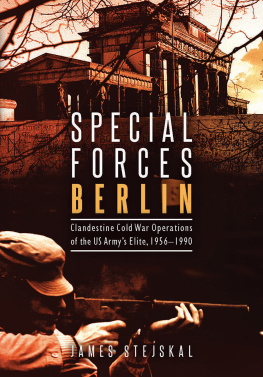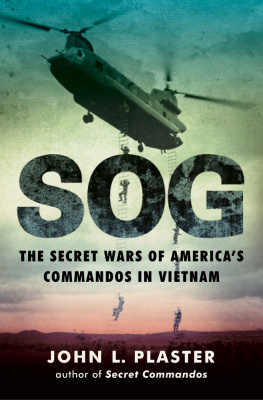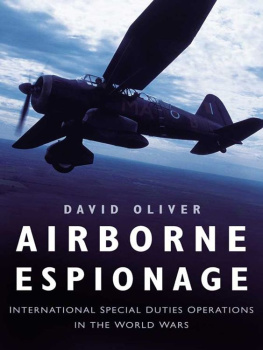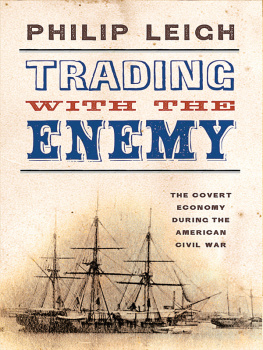Pagebreaks of the print version

YANK AND REBEL RANGERS
Special Operations in the American Civil War
To my grandson Aiden Robert Croft
YANK AND REBEL RANGERS
Special Operations in the American Civil War
Robert W. Black
First published in Great Britain in 2019 by
Pen & Sword Military
An imprint of
Pen & Sword Books Ltd
Yorkshire - Philadelphia
Copyright Robert W. Black, 2019
ISBN 978 1 52674 444 9
eISBN 978 1 52674 445 6
mobiISBN 978 1 52674 446 3
The right of Robert W. Black to be identified as
Author of this work has been asserted by him in accordance with the Copyright, Designs and Patents Act 1988.
A CIP catalogue record for this book is available from the British Library. All rights reserved. No part of this book may be reproduced or transmitted in any form or by any means, electronic or mechanical including photocopying, recording or by any information storage and retrieval system, without permission from the Publisher in writing.
Aura Technology and Software Services, India
Pen & Sword Books Limited incorporates the imprints of Atlas, Archaeology,
Aviation, Discovery, Family History, Fiction, History, Maritime, Military,
Military Classics, Politics, Select, Transport,
True Crime, Air World, Frontline Publishing, Leo Cooper,
Remember When, Seaforth Publishing, The Praetorian Press,
Wharncliffe Local History, Wharncliffe Transport,
Wharncliffe True Crime and White Owl.
For a complete list of Pen & Sword titles please contact
PEN & SWORD BOOKS LIMITED
47 Church Street, Barnsley, South Yorkshire, S70 2AS, England
E-mail:
Website: www.pen-and-sword.co.uk
or
PEN AND SWORD BOOKS
1950 Lawrence Rd, Havertown, PA 19083, USA
E-mail:
Website: www.penandswordbooks.com
Acknowledgments
Foremost my thanks to my best friend, travel companion, advisor, publicity director, proofreader, critic, lover and wife, Carolyn Black, without whom I would be a ship without a rudder. To my pal and editor Chris Evans, to all my long-time friends at the US Army Military History Institute at Carlisle Barracks PA; Dr Richard Simmers, Richard Baker and staff. They have always been willing to show the path to that elusive document or volume.
Thanks to Martha Steiger and Julia Scott, Virginia tourism and Patty Rogers and the staff of the Leesburg Virginia Convention and Visitors Bureau. Thanks are due to John and Bronwen Souders who shared their time and knowledge about the Loudoun Rangers in that beautiful village of Waterford, Virginia. Thanks to my daughter, April Black Croft, for her help at The National Archives and the Library of Congress. My appreciation to my brother Korean War Rangers, Nick Tisak of the 8th Airborne Ranger Company and Lew Villa of the 1st Airborne Rangers for their assistance in getting information about Sheridan Scouts, in particular the heroic Joe McCabe. They rescued his grave from obscurity. Thanks to the staff at the West Virginia Archives and the University of West Virginia Library as well as to the research staff of Dickinson College, Carlisle, Pennsylvania and the Pennsylvania State Library in Harrisburg. As one who knows joy when sitting in the stacks and uncovering some pearl of historical beauty, thanks to all archivists and librarians. They are the great guardians of our experience.
Prologue
Noon, April 3 1865. A long, grey and butternut-hued column of horsemen rode in dusty splendor along a Virginia lane near Saylers Creek. Confederate infantry was on ahead, the sounds of gunfire far distant. The riders were in friendly territory. Men rode easy, some lulled to sleep by the cradle rock of their saddles. They were experienced cavalry. Revolvers were at their belts and carried in saddle holsters. Some tucked a spare fiream into a boot. Sabers, sharpened to a razor edge, were at their sides. They were four regiments of North Carolina cavalry, part of Fitzhugh Lees Cavalry Corps, formed into a brigade under the command of Brigadier General Rufus Barringer. General Barringer had a good fighting reputation. Three times wounded, he had two horses killed under him. Those who did not know him tended to identify Barringer with faint praise by noting that Stonewall Jackson is his brother-in-law.
Riding in the column with General Barringer were two of his staff officers and two orderlies. From time to time Barringer would turn in the saddle and look back to check the men. The movement was going well when Barringer noticed a small group of horsemen coming forward, chatting with men in the column as they came. It was nothing unusual; a regimental commander likely had a question or Fitz Lee had sent a party with new orders.
About fourteen men and an officer were in the group, laughing and joking, gathering around Barringer and his command group. General Barringer thought war a serious business and frowned at the easy familiarity of these men. Good afternoon, General, said the officer, a wry grin creasing his dust-stained face. Barringer donned a frosty expression. You have the advantage of me, Sir! The response was a hearty laugh. Youre right, I have, General!
Barringers eyes widened as he stared into the muzzle of a brandished revolver. He quickly looked about, opened his mouth to shout, then decided it would be a rash and final action. He, his two staff officers and two orderlies were well covered by the strangers guns. The weapons were held in such a way that the brigade riders to the front and rear could not see what was happening.
Who are you, Sir? queried General Barringer.
Major Henry Young. I range this country for General Phil Sheridan, said the officer. Now, General, lets ease out of the line of march. Well take position on that little rise over there and let your men pass.
With no other option, Barringer nodded and followed his captors out of the column and up onto the small hill. To his sorrow, General Barringer saw his command pass on without him. He was now a prisoner of war, captured by a Yankee Ranger.
Preface
Born in the early 1600s, the Rangers fought six wars in America before the United States was formed. They were men who blended European weaponry and discipline with the raid and ambush tactics of the American Indian. These men ranged outward from the settlements and from this practice they drew the name Ranger. Primarily citizen soldiers who were skilled woodsmen, Rangers were the principal American early warning and strike force of the Colonial period. By the time of the Revolutionary War they rejected the musket and adopted the long rifle as their favored firearm. The Rangers became identified with the Pennsylvania rifle and ranger units and were often called riflemen. They were the first units formed by the Continental Congress in the war for American independence. The deeds of Rangers Israel Putnam, Ethan Allen, John Stark, Nathan Hale, Francis Marion, Light Horse Harry Lee and Dan Morgan are carved in American history. Unconventional in their methods and not regular soldiers, the Rangers were seldom looked upon with favor by the conventional generals of the regular armies of Britain or the United States. Useful in war, they were shunted aside in peace.
In the war of 1812, Kentucky Rangers played a major role in recapturing Detroit and were the key element in the American victory at the October 5, 1813 Battle of the Thames. The Texas Rangers were born as a military organization to take the war to the hated Comanche and Mexicans. They played a major role in the development of the south-western frontier. These Rangers proved the usefulness of the horse and the revolver. As with the Rangers of Colonial times, the Texas Rangers fought an enemy that gave no quarter and the Rangers responded in kind.

